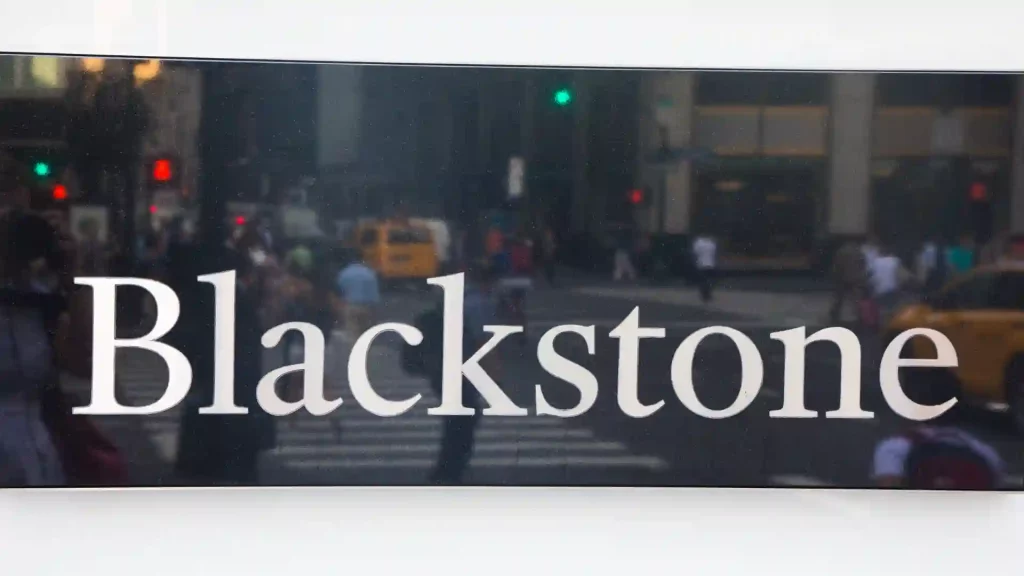Withdrawal Curbs were an unparalleled move as the investors insisted to get their hands on cash and questions arose on the long-term health of the franchise that helped Blackstone to be an asset management titan
Blackstone Inc reduced withdrawals from its $69 billion real estate investment trust (REIT) following an increase in redemption requests. This was an unparalleled move as the investors insisted to get their hands on cash and questions arose on the long-term health of the franchise that helped Blackstone to be an asset management titan. The firm only approved 43 percent of the redemption request in REIT during November.
The redemption limitation came as a result of hitting the pre-set limits rather than Blackstone setting the limits of the day. However, this increased investor concerns about the future of Blackstone Real Estate Investment Trust which comprises about 17% of Blackstone’s earnings. Blackstone’s shares fell around 8% on the news.
REIT and withdrawal curbs
The withdrawal limit emphasizes the risk the affluent have undertaken by investing in REIT which owns around $69 billion in net assets comprising casinos, apartment buildings, medical parks, and logistics facilities. Investors in REIT became concerned about the fact that Blackstone has been slow in adjusting to the publicly traded REITs, which got affected in the middle of rising interest rates, reports Reuters.
An increase in interest rates weighs on real estate values as this makes financing properties pricier. According to Financial Times, about 70% of the redemption request have been received from Asia requiring liquidity and an outsized share considering non-US investors account for only 20% of Blackstone REITs total assets. The current redemptions could also be the result of China’s political stability and economic forecasts.
The US company reported a 9% year-to-date return for the real estate investment fund which is contrasted to the publicly traded Dow Jones U.S. The decline in recent performances of economies and Asian markets could also create pressure on investors. Commercial properties are currently under pressure from the increasing interest rates and inflation, dampening the property market as many investors warn of a lack of funds in the sector.
The increase in redemptions came as a result of the firm’s announcement of the sale of nearly 50% of the MGM Grand Mandalay Bay and Las Vegas resort casinos for around $1 billion including debt. According to reports, Blackstone told investors that it would limit the withdrawals from the investment trust as it received redemption requests more than its monthly net asset value in November and 5% of its quarterly net asset value. The investment fund obtained more than $1bn in redemption requests or about 2.7 percent of its net asset value.
REIT allowed the investors in November to redeem $1.2 billion which is equivalent to more than 40% of the investor’s repurchase requests. REIT also has the risk of getting caught in a selling spree to meet redemptions in order to gain the trust of the investors. The private capital managers have turned to retail investors in order to diversify away from public markets.
Blackstone and REIT
REIT was launched by Blackstone in the year 2017 in the confidence of the firm’s success in the real estate sector. The company’s decision to launch REIT didn’t disappoint the top officials as it brought in huge revenues and played an important part in its success. The unexpected instabilities in REIT and the decision to curb withdrawals have affected the firm’s long-term plans. REIT helped the firm to become the world’s leading and biggest alternative investment titan having $950 billion in assets. Blackstone has been pursuing to diversify its investor base after extracting institutional investors, such as insurance firms, public pension funds, and sovereign wealth funds, for its products for many years.
